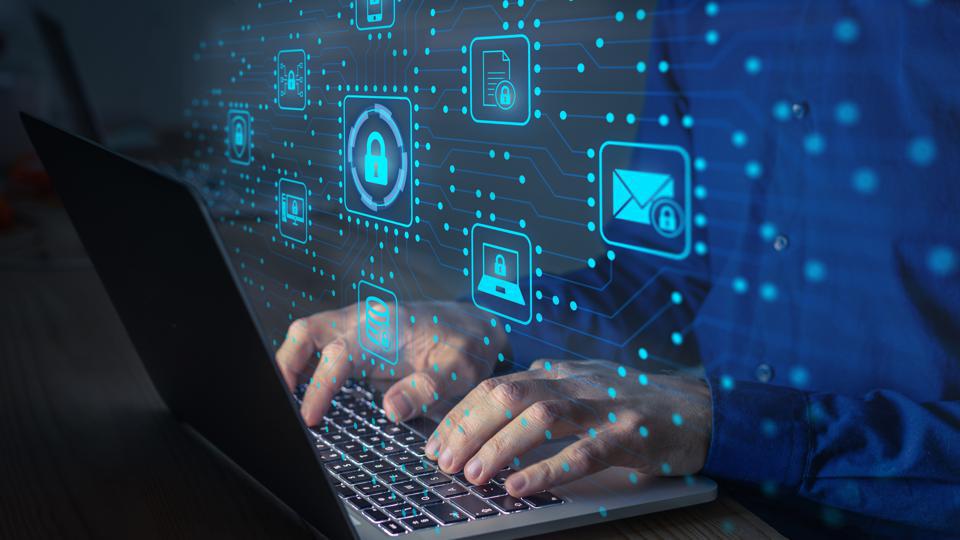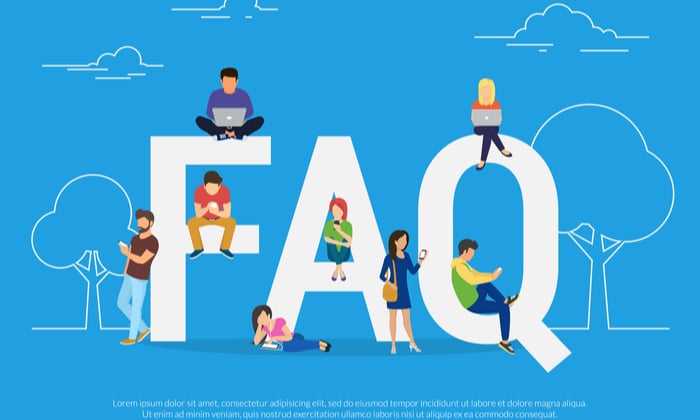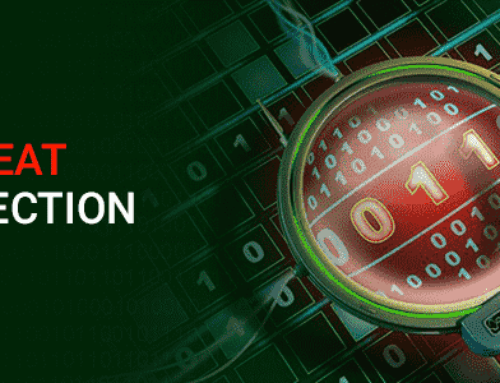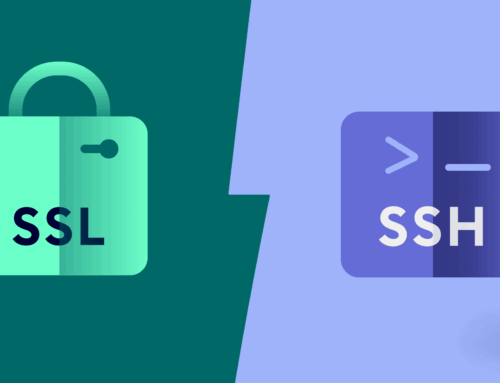
Cybersecurity in the Creator Economy.
Creator Economy: Cybersecurity Challenges for Content Creators
In today’s digital age, the creator economy is booming, presenting vast opportunities for individuals to share their talents and build successful online businesses. However, this dynamic landscape also introduces significant cybersecurity challenges that content creators must address to protect their content, their brand, and their livelihoods. This article explores these challenges and provides actionable strategies for navigating the cybersecurity landscape.
Understanding the Creator Economy
Defining the Creator Economy
The creator economy is an ecosystem where individuals monetize their skills, knowledge, and creativity through online platforms. Content creators, ranging from writers and artists to educators and entertainers, leverage various tools and platforms to build audiences and generate income. This digital shift empowers entrepreneurs to bypass traditional employment and directly connect with their fans, fostering innovation and new business models. It’s a dynamic arena where entrepreneurship thrives alongside the evolving threat landscape. content creation meets cybersecurity head-on.
The Role of Influencers in Content Creation
Influencers play a pivotal role in the creator economy, driving trends and shaping consumer behavior. These individuals cultivate loyal followings by producing engaging content and building authentic relationships with their audiences. However, their popularity makes them prime targets for cyber threats. Hackers often attempt impersonation or phishing scams to exploit their influenceThis underscores the need for influencers to prioritize cybersecurity offers that can safeguard their online presence. Cybersecurity professionals must partner with influencers to defend against these threats.
Key Platforms for Content Creators
Content creators utilize a variety of platforms to share their work and engage with their audiences. Platforms like TikTok, LinkedIn, and newsletter services are essential for content distribution and monetization. Each platform presents unique cybersecurity risks, from data breaches to impersonation attacks. Content creators need robust firewalls and a strong model of cybersecurity to safeguard their accounts and protect their audience from cyberattacks, scams, and other cyber threats.
Cybersecurity Threats in the Creator Economy
Common Scams Targeting Content Creators
In the creator economy, content creators face numerous scams designed to exploit their trust and popularity. Phishing attacks, impersonation scams, and fraudulent brand deals are common tactics used by hackers in the current cybersecurity threat landscape. These scams often involve malicious actors posing as legitimate brands or cybersecurity professionals to gain access to sensitive information. The rise of the creator economy has created new avenues for cyber threats, requiring Content creators must remain vigilant and implement robust cybersecurity measures to protect their digital assets from the evolving threat landscape. to protect themselves from these scams.
Phishing Attacks and How to Recognize Them
Phishing attacks remain a prevalent cyber threat in the creator economy, highlighting the need for skilled security measures. These attacks typically involve deceptive emails, messages, or websites designed to trick content creators into divulging personal information or login credentials. Recognizing the signs of phishing, such as suspicious sender addresses, grammatical errors, and urgent requests, is crucial for cybersecurity. Cybersecurity professionals can help content creators implement anti-phishing measures and educate them on how to identify and report phishing attempts to strengthen their cyber defense.
Hacker Tactics to Evade Detection
Hackers employ sophisticated tactics to evade detection and compromise content creator accounts. These tactics include using proxy servers, VPNs, and malware to mask their IP addresses and bypass security measures. Ethical hackers and cybersecurity firms use penetration testing to identify vulnerabilities in content creators’ systems and provide recommendations for strengthening cybersecurity. Staying informed about the latest hacker tactics and implementing proactive security measures is essential for mitigating cyber threats and safeguarding content and data.
Cybersecurity Best Practices for Content Creators
Protecting Your Online Presence
Protecting your online presence as a content creator requires a multifaceted approach to cybersecurity. It’s important to take several proactive measures, including:
- Securing your accounts with strong, unique passwords and enabling multi-factor authentication.
- Regularly updating your software and operating systems to patch security vulnerabilities.
Monitor your online presence for signs of impersonation or unauthorized activity, and promptly report any suspicious behavior to the relevant platforms. By taking these steps, you can significantly reduce your cybersecurity risk and safeguard your brand.
Secure Content Creation Strategies
Secure content creation involves implementing cybersecurity measures throughout the content creation process. Here are some key measures to consider:
| Security Measure | Description |
|---|---|
| Encryption | Use encryption to protect sensitive data and intellectual property. |
| Access Controls | Implement access controls to limit who can access and modify your content. |
Regularly back up your content to prevent data loss from cyberattacks or hardware failures. Consider using watermarks or digital signatures to protect your content from unauthorized use. Working with cybersecurity professionals ensures your content is produced and distributed securely.
Third-Party Tools and Services
Content creators often rely on third-party tools and services for content creation, editing, and distribution. Before using any third-party tool, carefully evaluate its security practices and reputation. Ensure that the tool has strong security measures in place, such as encryption and access controls. Read reviews and testimonials from other users to assess the tool’s reliability and security. Regularly review the permissions granted to third-party tools and revoke access if necessary. A strong model of cybersecurity includes constant vigilance over third-party integrations.
Becoming a Cybersecurity Expert in the Creator Economy
Cybersecurity Jobs for Content Creators
The rising awareness of cyber threats within the creator economy has led to an increase in cybersecurity jobs tailored for content creators. Many cybersecurity firms are now seeking individuals with expertise in both cybersecurity and content creation to help influencers and entrepreneurs protect their digital assets. These positions range from cybersecurity consultants to social media security managers, offering a pathway for those passionate about cybersecurity to enter this dynamic field and monetize their skills.
Skills Needed to Become a Cybersecurity Expert
To excel as a cybersecurity expert in the creator economy, a diverse skillset is essential. A strong understanding of cybersecurity fundamentals, including network security, ethical hacking, and risk management, is paramount. Proficiency in using cybersecurity tools, conducting penetration testing, and analyzing malware is also necessary. Furthermore, excellent communication skills are crucial for educating content creators about cybersecurity best practices and conveying complex security concepts in an accessible manner. Data science plays a vital role in threat analysis.
Participating in Bug Bounty Programs
Participating in bug bounty programs can be an excellent way for aspiring cybersecurity experts to gain practical experience and earn recognition. Many platforms and organizations offer bug bounty programs, incentivizing ethical hackers to identify and report security vulnerabilities in their systems. By participating in these programs, individuals can hone their hacking skills, contribute to the cybersecurity community, and potentially earn rewards for their efforts. This helps strengthen the overall model of cybersecurity.
Building Partnerships for Better Security
Collaborating with Cybersecurity Professionals
Forming partnerships with cybersecurity professionals is crucial for content creators looking to enhance their cybersecurity posture. Cybersecurity professionals possess the expertise and knowledge necessary to assess security risks, implement appropriate security measures, and respond effectively to cyberattacks. By collaborating with cybersecurity professionals, content creators can gain access to tailored security solutions and stay informed about the latest cyber threats. A security professional enhances the cyber defense.
Creating a Secure Network of Influencers
Creating a secure network of influencers can provide mutual support and shared knowledge regarding cybersecurity best practices. Influencers can collaborate to share information about cyber threats, scams, and phishing attempts, helping each other stay vigilant and protected. This network can also serve as a platform for sharing resources, such as cybersecurity tools, training materials, and contacts for cybersecurity professionals. Sharing information strengthens the cybersec for the whole creator economy.
Leveraging AI for Enhanced Security
AI is rapidly transforming the cybersecurity landscape, offering powerful tools for threat detection, incident response, and security automation. Content creators can leverage AI-powered security solutions to enhance their cybersecurity posture and protect their online presence. AI algorithms can analyze network traffic, identify suspicious behavior, and automatically block cyberattacks. By embracing AI for cybersecurity, content creators can stay ahead of evolving cyber threats and maintain a secure online environment. The future of cybersecurity includes AI integration.
What is the role of cybersecurity in the creator economy?
Cybersecurity plays a crucial role in the creator economy by safeguarding the sensitive data of content creators and their audiences. As influencers and entrepreneurs monetize their digital products on various platforms, they must implement robust cybersecurity measures to protect against cyber threats such as phishing, account takeovers, and impersonation. The future of cybersecurity in this ecosystem will involve increased collaboration between cybersecurity firms and content creators to ensure a secure environment for monetization.
How can creators protect themselves from cyber threats?
Creators can protect themselves from cyber threats by employing a combination of cybersecurity best practices and seeking guidance from skilled security professionals. This includes using strong, unique passwords, enabling two-factor authentication, and being cautious of suspicious emails or messages that may contain phishing attempts. Additionally, staying informed about the latest cybersecurity trends and potential scams can help creators evade detection by malicious actors.
What cybersecurity jobs are available for those interested in the creator economy?
The creator economy has opened up various cybersecurity job opportunities, including roles such as cybersecurity analyst, ethical hacker, and information security specialist. These positions often require knowledge of the unique challenges faced by content creators and the platforms they use. As the demand for cybersecurity continues to grow, professionals can find rewarding careers helping influencers and entrepreneurs secure their digital assets.
How does a hacker exploit vulnerabilities in the creator economy?
A hacker can exploit vulnerabilities in the creator economy by targeting platforms that influencers and creators use to distribute their content. This might involve executing cyberattacks that exploit security flaws, conducting phishing schemes to trick creators into revealing their credentials, or even impersonating a creator to damage their personal brand. Understanding these tactics is essential for creators to enhance their cybersecurity measures.
What are the best practices for cybersecurity in content creation?
Best practices for cybersecurity in content creation include regularly updating software and applications, utilizing firewalls, and conducting penetration testing to identify potential weaknesses. Content creators should also be mindful of third-party partnerships and the security measures those entities have in place. By prioritizing cybersecurity, creators can safeguard their intellectual property and maintain trust with their audience.
How can AI improve cybersecurity for entrepreneurs in the creator economy?
AI can significantly enhance cybersecurity for entrepreneurs in the creator economy by automating threat detection and response. By leveraging machine learning algorithms, AI systems can analyze patterns in user behavior to identify potential cyber threats in real-time. This proactive approach ensures that creators can quickly address vulnerabilities and safeguard their digital products from cyber adversaries.
What cybersecurity certifications should creators consider?
Creators interested in enhancing their cybersecurity knowledge should consider obtaining certifications such as Certified Ethical Hacker (CEH) and CompTIA Security+, which are recognized by tech giants. These certifications provide valuable insights into ethical hacking techniques, risk management, and incident response strategies that are particularly relevant to the creator economy. Enhancing one’s cybersecurity skills can lead to better protection of personal brands and digital assets, especially for startups.
What are common scams that content creators face?
Content creators often face various scams, including fake sponsorship offers, phishing emails, and fraudulent brand deals. These scams can lead to financial losses and damage to a creator’s reputation. It is essential for creators to verify the legitimacy of offers and to remain vigilant against potential scams that seek to exploit their influence and audience, especially in their inbox.
How can creators collaborate with cybersecurity professionals?
Creators can collaborate with cybersecurity professionals by seeking partnerships that focus on enhancing their security posture. This could involve consulting with cybersecurity experts to conduct security audits, participating in workshops on information security, or engaging in bug bounty programs to identify vulnerabilities in their content platforms. Such collaborations not only protect creators but also contribute to the overall security of the creator economy.







